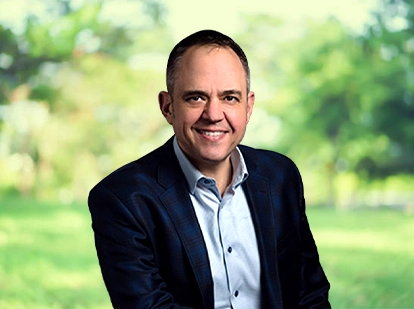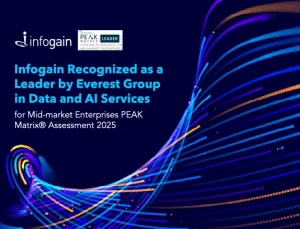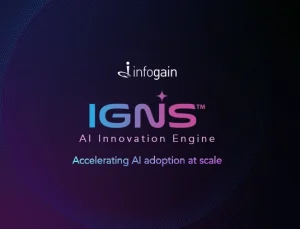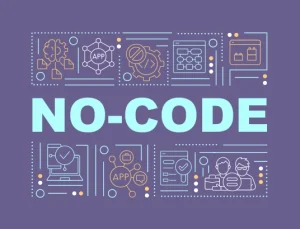- Posted on : July 2, 2024
-
- Industry : Corporate
- Tech Focus : Data & AI
- Type: Blog

Databricks continues to innovate ahead of the market, and customers are buying. In the recently concluded Databricks Data & AI Summit in San Francisco, we met with industry stalwarts, decision-makers, and influencers across industries. The energy and excitement was palpable among both customers and partners. We attended the electrifying sessions, interacted with industry leaders, and niche players, and explored how Databricks continues to innovate ahead of the market and why customers are buying from them.
Here are the key highlights from the event.
- Enterprise AI
- Databricks put a significant focus on Mosaic AI at the event. Mosaic AI is designed to enhance and simplify GenAI development, using compound AI systems as well as providing fine-tuning, evaluation, and governance tools. They are enhancing their AI capabilities for enterprises, focusing on tools like vector stores, fine-tuning, custom LLM pre-training, fully owned inference, etc. Several new features within the Mosaic AI suite were announced to support this “Enterprise AI” workflow.
- Databricks is doubling down on the core belief that scaling AI for Enterprises will require much more than integrating frontier LLM models. Enterprises will need a way to build compound AI systems and the ability to fine-tune or pre-train their models.
- Becoming an End-to-End Platform
- The new Lakeflow product was announced to assist data engineering, ingestion, and ETL.
- Databricks is further expanding its offerings to become an "end-to-end" platform for all data and AI needs. Enhanced Unity Catalog, Metrics Store, DbSQL (EDW built on Lakehouse), and more were announced.
- This strategy challenges ISVs and even competes with Hyperscalers' native offering. Databricks thinks that they can give a better cost/performance with these offerings.
- The company also bought Tabular which enables interoperability between Databricks and the Iceberg format in Snowflake.
- “AI first” visualization
AI/BI, a new ‘AI-first’ visualization tool that will likely compete with PowerBI, Tableau, etc was announced at the event.
- Opensource
There is an emphasis on open formats and standards over closed ecosystems. Unity Catalog was open-sourced live at the keynote. This will ensure greater connectivity with Delta Sharing.
- Evolving Partner landscape
Databricks’ partner community has doubled in the last year. The partner ecosystem continues to thrive with remarkable growth in partner-certified consultants as both large IT companies as well as smaller and niche players keep coming to the fold.
In conclusion
With a 60% YoY sales growth, Databricks is projected to hit $2.4B in revenue, making it one of the largest private unicorns in the world. This clearly shows that modern clients are razor-focused on making the most of their data through intelligent solutions driven by advanced AI capabilities.
At Infogain, we have been helping our clients transform their businesses with our industry-recognized Data and AI practices. Connect with us today and let’s discuss how we can help you leapfrog to the bold new world of data and AI.








